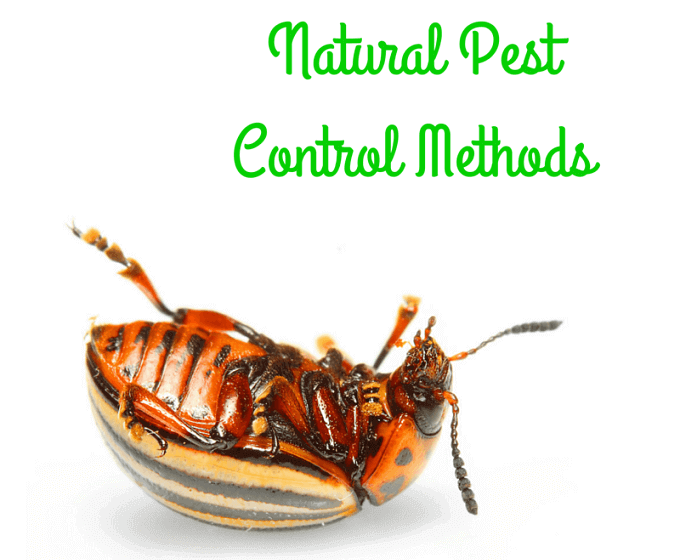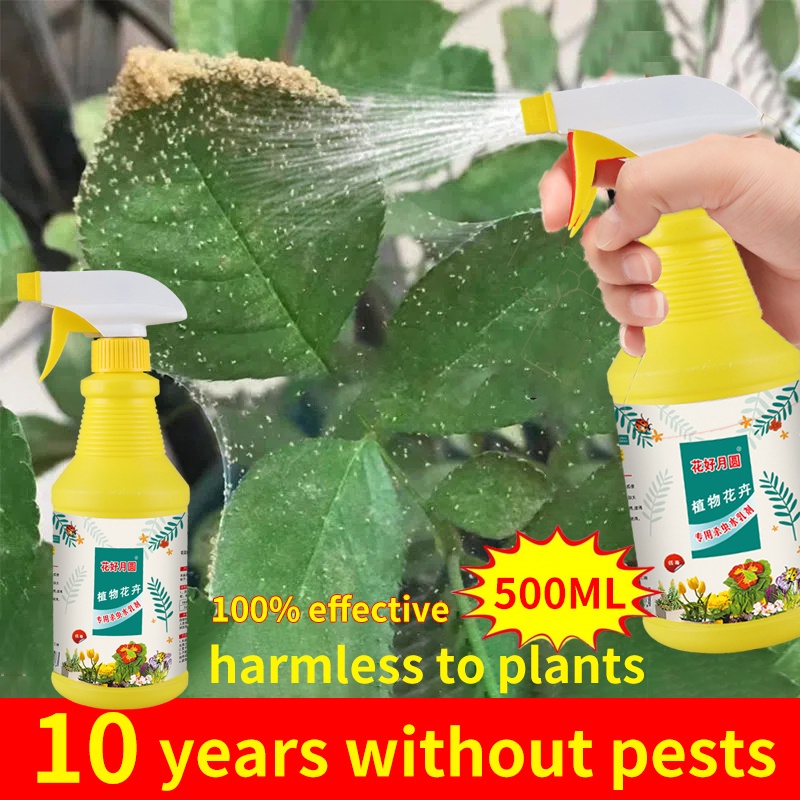Best Organic Pesticides for a Healthy Garden: Your Guide to Natural Pest Control

Imagine stepping into your garden, a lush oasis teeming with life. The vibrant colors of flowers, the rustling of leaves, and the sweet scent of nature fill the air. But wait, what's that? A tiny intruder munching on your prized plants. Before you reach for the chemical warfare, consider this: what if you could maintain a thriving garden without harming the environment or your health? Welcome to the world of organic pesticides, where safe gardening meets effectiveness. Let's dive in!
Understanding Organic Pesticides
Organic pesticides, also known as eco pesticides, are derived from natural sources. They are an essential component of organic gardening, focusing on safe, non-toxic pest control methods. Unlike synthetic pesticides, organic options break down quickly, reducing the risk of residue buildup and environmental harm.
Why Choose Organic Pesticides?
Choosing organic insecticides is more than just a trend; it's a responsible decision. These natural pest control methods are gentler on the environment, safer for beneficial insects, and healthier for you and your family. Plus, they can be just as effective as their chemical counterparts when used correctly.
Top Organic Pesticides for Your Garden
Neem Oil
Neem oil, extracted from the seeds of the neem tree, is a potent natural pesticide. It disrupts the life cycle of insects, preventing them from growing and reproducing. Neem oil is effective against a wide range of pests, including aphids, whiteflies, and mites.

Diatomaceous Earth
Diatomaceous earth (DE) is a fine powder made from the fossilized remains of tiny aquatic organisms. It works by physically damaging the exoskeletons of insects, causing them to dehydrate and die. DE is particularly effective against crawling insects like ants, slugs, and beetles.
Insecticidal Soap
Insecticidal soap is a simple yet powerful organic pesticide. It works by breaking down the protective outer layer of insects, causing them to dehydrate. This natural insecticide is effective against soft-bodied pests like aphids, mealybugs, and spider mites.
Pyrethrin
Pyrethrin is derived from chrysanthemum flowers and is one of the most potent organic insecticides. It targets the nervous system of insects, paralyzing them. Pyrethrin is effective against a broad spectrum of pests, including flies, mosquitoes, and caterpillars.
Spinosad
Spinosad is a natural substance produced by soil bacteria. It's highly effective against a variety of pests, including caterpillars, thrips, and leafminers. Spinosad is relatively safe for beneficial insects, making it a great choice for organic gardening.
How to Use Organic Pesticides Effectively
Timing is Key
Timing is crucial when using organic pesticides. Many natural insecticides work best when applied at specific stages of the pest's life cycle. For example, neem oil is most effective when used on young insects.
Targeted Application
Unlike synthetic pesticides, organic options often require direct contact with the pest. This means you need to be precise in your application. Focus on the undersides of leaves and other areas where pests tend to hide.
Rotate Your Pesticides
Pests can develop resistance to pesticides over time. To prevent this, rotate the types of organic pesticides you use. This strategy keeps pests guessing and increases the effectiveness of your natural pest control efforts.
The Benefits of Organic Pesticides
Environmental Safety
Organic pesticides are generally safer for the environment. They break down quickly, reducing the risk of contamination and harm to non-target organisms. This makes them a great choice for eco-conscious gardeners.
Health Benefits
Choosing organic insecticides can also benefit your health. These natural options are less likely to leave harmful residues on your plants, making them safer for you and your family to enjoy.
Supporting Beneficial Insects
Many organic pesticides are selective, targeting specific pests while leaving beneficial insects unharmed. This helps maintain the natural balance in your garden, promoting a healthier ecosystem.
Common Myths About Organic Pesticides
Myth: Organic Pesticides Are Less Effective
One of the most persistent myths about organic pesticides is that they are less effective than synthetic options. While it's true that some natural insecticides may take longer to work, they can be just as effective when used correctly.
Myth: Organic Pesticides Are Always Safe
While organic pesticides are generally safer than synthetic options, they are not always harmless. Some natural insecticides can still be toxic to humans and pets if not used properly. Always follow the instructions on the label and take appropriate safety precautions.
Conclusion: Embrace the Power of Nature
In the battle against garden pests, you don't have to resort to harsh chemicals. Organic pesticides offer a safe, effective, and eco-friendly alternative. By understanding and utilizing natural pest control methods, you can maintain a healthy, thriving garden that's gentle on the environment and your health. So, why not embrace the power of nature and give organic pesticides a try? Your garden (and the planet) will thank you!

FAQs
Q1: Are organic pesticides safe for pets?
A: Many organic pesticides are safer for pets than synthetic options, but it's still important to use them with caution. Always follow the instructions on the label and keep pets away from treated areas until the pesticide has dried.
Q2: Can I make my own organic pesticides?
A: Yes, you can make your own organic pesticides using common household ingredients. For example, a mixture of dish soap and water can be an effective insecticidal soap. However, homemade pesticides may not be as potent or long-lasting as commercially available options.
Q3: How often should I apply organic pesticides?
A: The frequency of application depends on the type of pesticide and the pest you're targeting. Some organic pesticides need to be reapplied every few days, while others can last for weeks. Always follow the instructions on the label for the best results.
Q4: Are organic pesticides safe for bees?
A: Many organic pesticides are safer for bees than synthetic options, but some can still be harmful. Always apply pesticides when bees are least active (early morning or late evening) and avoid spraying directly on flowers.
Q5: Where can I buy organic pesticides?
A: Organic pesticides are widely available at garden centers, home improvement stores, and online retailers. Look for products labeled as organic, natural, or eco-friendly. Always check the active ingredients to ensure you're getting a true organic pesticide.
Happy gardening!
0 Response to "Best Organic Pesticides for a Healthy Garden: Your Guide to Natural Pest Control"
Post a Comment